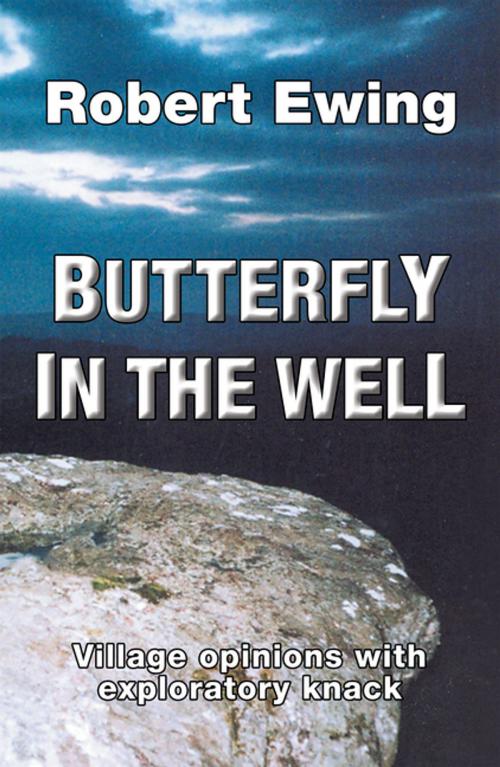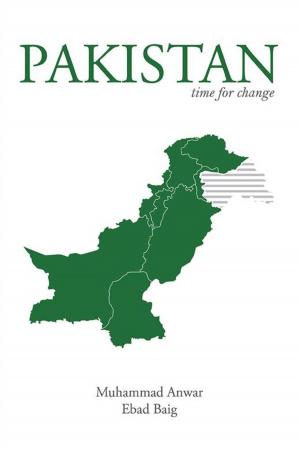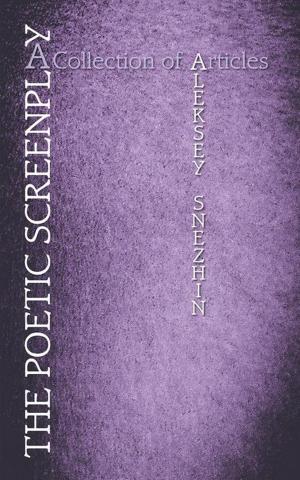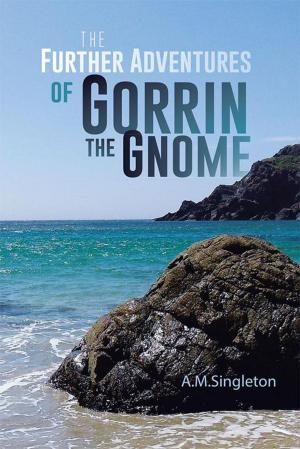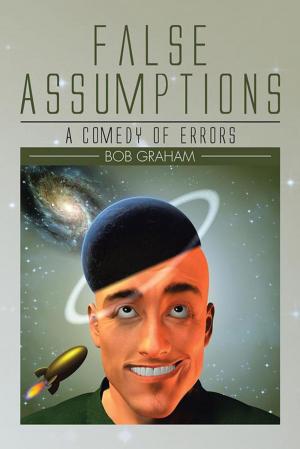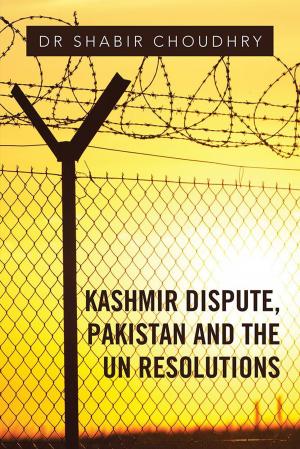Butterfly in the Well
Village Opinions with Exploratory Knack
Nonfiction, History, Ireland, Social & Cultural Studies, Political Science| Author: | Robert Ewing | ISBN: | 9781546291152 |
| Publisher: | AuthorHouse UK | Publication: | August 13, 2018 |
| Imprint: | AuthorHouse UK | Language: | English |
| Author: | Robert Ewing |
| ISBN: | 9781546291152 |
| Publisher: | AuthorHouse UK |
| Publication: | August 13, 2018 |
| Imprint: | AuthorHouse UK |
| Language: | English |
Churchill had one ear for history and the other for politics, and certainly listened to Chamberlain, who said long before he said it: we will never surrender (March 1939). Long before Munich he [Chamberlain] had shocked substantial sections of opinion by his frank and completely realist assessment of the strength and weakness of the League of Nations. When it was clear that members of the League, for good reasons or bad, were not prepared to involve themselves in war over questions in which they themselves had no direct interest, it was obviously idle to pretend that there was any such thing as collective security on which nations could confidently rely for their own protection. There was at this date no League of Nations, and if ever there was a phrase without meaning it was collective security as opposed to national security under the conditions of the later thirties. With numerous historical facts and insights in current affairs, Irish author, artist, and historian, Robert Ewing explores Anglo-Irish affairs and Irish life, and thereby challenges a number of international myths and State cultures as involving media posture between State and People control of one another. He particularly focuses on the actions of Neville Chamberlain, Winston Churchill, and others leading up to and during World War II, identifying the generally somewhat confused repercussions of their fame. Weaving in autobiography, quotation and even poetry, this historical and political reality-check was written to be read several times and, like art, to generally inspire objective and intelligent thought and awareness. Life is a passing entity for each of us, and inspiration is our means to understand it. Colour edition available
Churchill had one ear for history and the other for politics, and certainly listened to Chamberlain, who said long before he said it: we will never surrender (March 1939). Long before Munich he [Chamberlain] had shocked substantial sections of opinion by his frank and completely realist assessment of the strength and weakness of the League of Nations. When it was clear that members of the League, for good reasons or bad, were not prepared to involve themselves in war over questions in which they themselves had no direct interest, it was obviously idle to pretend that there was any such thing as collective security on which nations could confidently rely for their own protection. There was at this date no League of Nations, and if ever there was a phrase without meaning it was collective security as opposed to national security under the conditions of the later thirties. With numerous historical facts and insights in current affairs, Irish author, artist, and historian, Robert Ewing explores Anglo-Irish affairs and Irish life, and thereby challenges a number of international myths and State cultures as involving media posture between State and People control of one another. He particularly focuses on the actions of Neville Chamberlain, Winston Churchill, and others leading up to and during World War II, identifying the generally somewhat confused repercussions of their fame. Weaving in autobiography, quotation and even poetry, this historical and political reality-check was written to be read several times and, like art, to generally inspire objective and intelligent thought and awareness. Life is a passing entity for each of us, and inspiration is our means to understand it. Colour edition available
